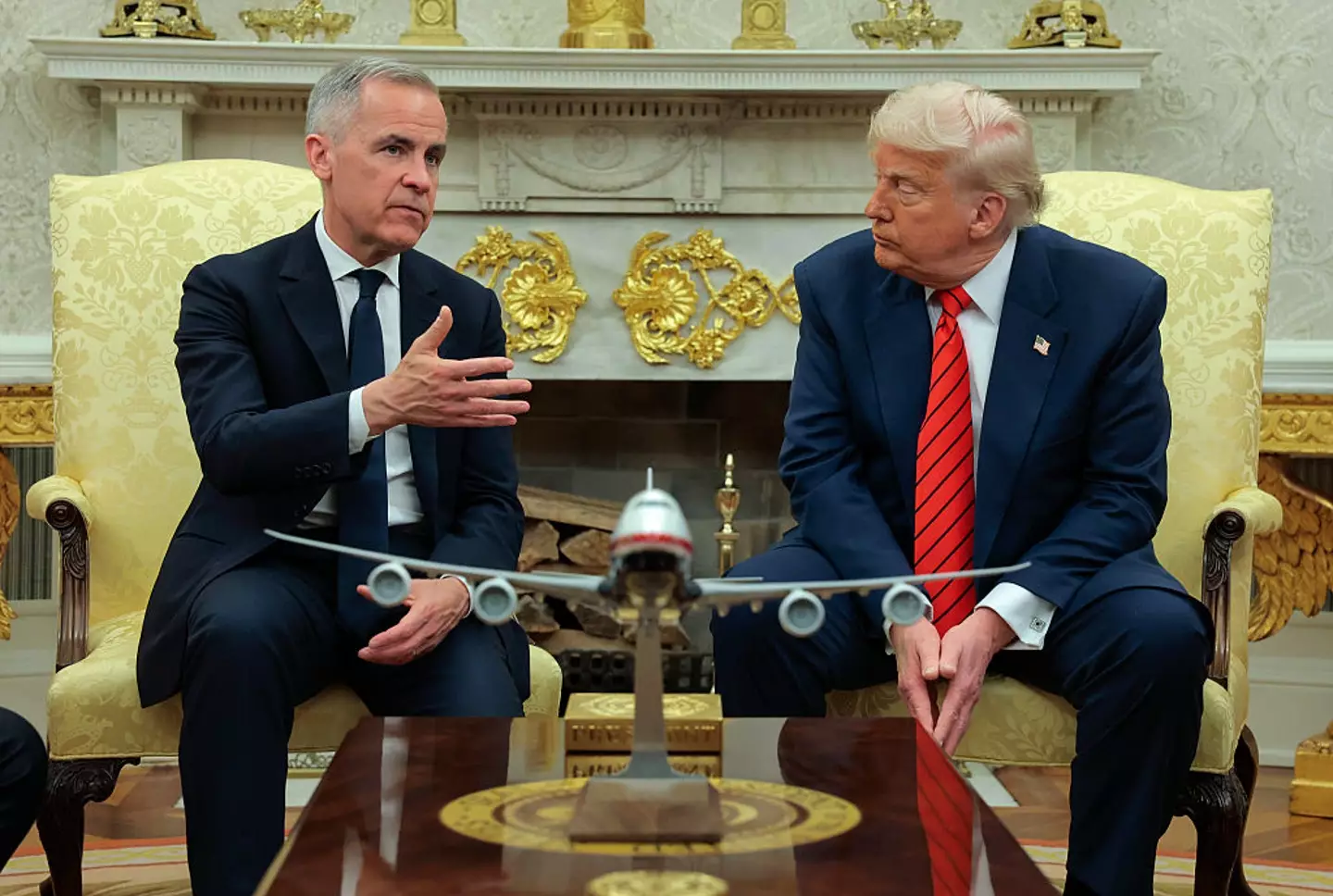Mark Carney, the Prime Minister of Canada, recently announced a reversal on the decision to implement a digital services tax. This change followed remarks from former U.S. President Donald Trump, who labeled the tax initiative as a “blatant attack” on American companies.
The controversy began when leaders in Canada proposed a tax on digital services, which included a retroactive clause back to 2022. This tax was set to impose a three percent levy on revenue derived from Canadian users, affecting major companies like Amazon, Google, Meta, Uber, and Airbnb. The retroactive aspect of the tax posed a $2 billion financial burden on U.S. companies, with initial payments expected by June 30.
Trump took to Truth Social to express his displeasure, asserting that the tax represented a “direct and blatant attack on our Country.”

In his post, Trump stated: “They are obviously copying the European Union, which has done the same thing, and is currently under discussion with us, also. Based on this egregious Tax, we are hereby terminating ALL discussions on Trade with Canada, effective immediately.”
Following Trump’s declaration to halt all trade discussions, Carney announced that Canada would retract the tax proposal while anticipating a beneficial trade agreement with the U.S.
The decision to reverse the tax was made public on June 29. The Department of Finance Canada released a statement: “The DST was announced in 2020 to address the fact that many large technology companies operating in Canada may not otherwise pay tax on revenues generated from Canadians.”
“Canada’s preference has always been a multilateral agreement related to digital services taxation.”

Carney remarked on the development: “Today’s announcement will support a resumption of negotiations toward the July 21, 2025, timeline set out at this month’s G7 Leaders’ Summit in Kananaskis.”
Francois-Philippe Champagne, Canada’s minister of finance and national revenue, stated: “Rescinding the digital services tax will allow the negotiations of a new economic and security relationship with the United States to make vital progress and reinforce our work to create jobs and build prosperity for all Canadians.”
While Canadian authorities aim to reach a favorable agreement with the U.S., the Finance Ministry emphasized that they are prepared to take as much time as needed to finalize the deal.
The American Chamber of Commerce welcomed Canada’s decision to retract the tax, with chamber president Rick Tachuk commenting: “This is a constructive decision that allows both countries to focus on strengthening their economic partnership.”

